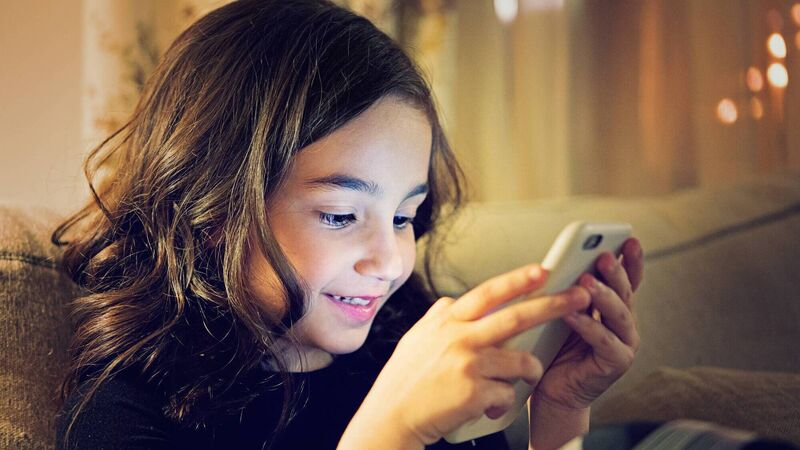Irish Examiner view: Leading by example

As our children prepare to go back to school, we can be sure that chargers and battery packs will be among the 'essentials' packed in many of their schoolbags. Picture: iStock
This is despite a survey suggesting that 88% of Irish parents would support a ban on mobile phones in primary schools, while 77% are in favour of similar restrictions at secondary level.
















